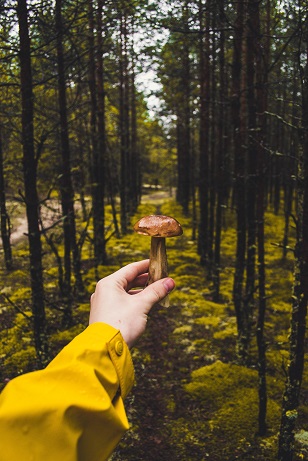
Many students (and teachers) are heading into the summer, looking forward to a well-deserved break. The change from the school environment is usually a welcome change in itself, and you can take the opportunity to make the break productive. Here are some steps you can take to ensure that your school summer holiday is relaxing and rewarding, while still preparing you for academic success.
Discover some free resources to use during holidays!
Read for fun!
If you are studying languages or literature, you likely have a long list of books you have to get through. It can be frustrating during term time to have to read quickly to meet a tight deadline – this is particularly true if you are finding the books enjoyable! The classics you are required to read in class are usually classics for a reason (i.e. they’re good books!). So take some time over the school summer holiday to read at your leisure – get a head start on books for next term, or read some of your favourite authors – imagine having a conversation with your teacher about the book you are reading, or compare it to books you have read in class. If you are learning a foreign language, reading a foreign translation of books you enjoyed in English can be a fun way to improve your vocabulary and comprehension skills.
Create your own field trips
Depending on where you live there may be opportunities to have a fun field trip, while learning about your subjects. Research some sites that you might want to visit and plan a trip with your friends or classmates (with your parents’ permission of course!).
Museums are often free or offer reduced rates for students, and they can really help to bring history lessons to life. If you’re studying art, the summer is a great time to visit art galleries (and get inspired to work on your own art projects).
All those physical geography features you learn about in class are features in the real world… maybe there’s a waterfall or ox-bow lake near you that you can visit, take pictures of and write about – so you have real examples when those features come up in class. Similarly, visits to woods and gardens can help reinforce what you learn about plant biology.
Get to know a librarian
 Public libraries are literally full of books just waiting to be read. Don’t be overwhelmed by the amount of choice – libraries have librarians whose job it is to help you find what you’re looking for – you can focus on some of your school subjects, or try to learn about something completely new. Talk to a librarian about what you are interested in, or what you have enjoyed reading so far and they will help you find what you need.
Public libraries are literally full of books just waiting to be read. Don’t be overwhelmed by the amount of choice – libraries have librarians whose job it is to help you find what you’re looking for – you can focus on some of your school subjects, or try to learn about something completely new. Talk to a librarian about what you are interested in, or what you have enjoyed reading so far and they will help you find what you need.
Don’t forget about school completely
When you work hard all year, you certainly deserve a break, but be careful not to forget about school completely. If you do, you’ll have a much harder time getting going when school starts up again. It is particularly important not to completely abandon the subjects you are weakest in – set a small amount of time aside each week to review your notes from your toughest subjects. This will prevent you from sliding backwards during the break and make sure you’re ready to learn new material when the time comes.
Get fresh air, rest, and exercise
These three elements are important year round, but we often forget about them as the school year gets busy, especially during exam periods. Take advantage of your summer break to get some fresh air and exercise so that you keep your body healthy as well as your mind.
So enjoy your school summer holiday and get refreshed for the next term. (And we know that not everyone has a break this time of year, so to those still busy with school and exams, we offer condolences and study tips – and of course we’ll be back to work when you are on break!)
